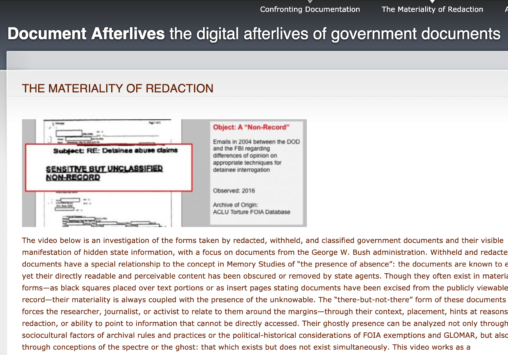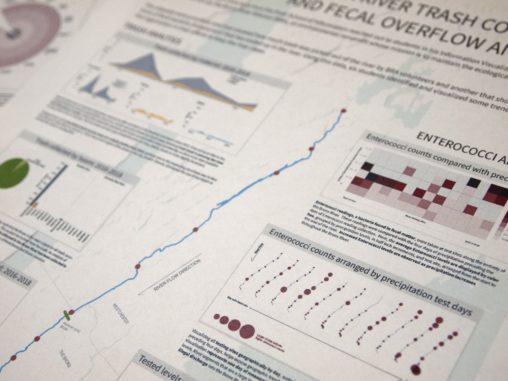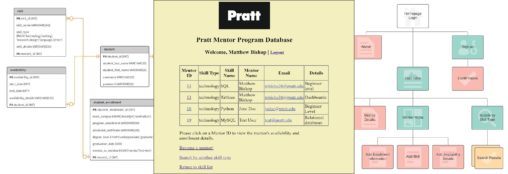Tag: DAV

“Confronting Documentation of the US War on Terror” takes document summary metadata of US government documents from the ACLU Torture FOIA Database and re-presents it in an online slideshow to confront the viewer with aspects of the original documents that might not be immediately visible without that ACLU metadata. It highlights both the value of archival labor (collection-building & metadata) and the importance of public access to government information to work toward accountability.

This study examines humorous interactions with intelligent personal assistants (IPA/IPAs). The respective IPAs include Google Assistant, Amazon Alexa, Microsoft Cortana, and Apple Siri. Many discussions of a wide-ranging review helped to define the goal to classify user utterances, IPA responses, and user ratings of IPA responses.
The African Dream Academy (ADA) is a Liberian non-profit corporation whose mission is to provide free access to quality education and healthcare services to Liberian children. Three student researchers from Pratt’s Usability Theory & Practice couse conducted a user test of the ADA website to identify any usability problems and provide recommendations to maximize donations.
Over the course of the semester student in LIS 619: Information and Human Rights, created a visual mapping of the ways in which information supports Human Rights. The presenters will describe the process and the outcome.
The panel will present the findings of two projects related to the adoption of the digital personal assistants like Siri, Alexa and Cortana. The findings pertaining to the technology adoption in public spaces, existing issues and requirements for the ideal digital assistants will be shared.
“‘Data-Drive Transparency’: Creation and Consequence of the Data-Public” analyzes the impact open government data programs have on society. The paper discusses how open government data, despite being marketed as democratic transparency initiative, results in the formation of a ‘data-public’ and the ascendance of neoliberal politics.


